On Navigating The Middle Passage
There’s a line that describes the middle passage of life as “the humbled ego beginning a dialogue with the self.”
Before my dad died, he gave me his copy of Neil Donald Walsch’s book Conversations With God.
I kept it, though I was always hesitant about the book. First, because it had the word God in the title, which felt contentious to my younger, more cynical self. And second, because the concept seemed absurd: a guy claiming to have written down a literal conversation with God? It felt like a gimmick—a clever way to market what was, to me, clearly a conversation with himself.
But I kept it anyway. There was a note written to me in the front sleeve, in my dad’s handwriting. And I knew, even then, that the book was important somehow, though I didn’t yet know why.
Now, as I grow older and find myself firmly in midlife, I think I understand.
This stage of life has been described as the transition from the first adulthood (ages 12–40) into the second adulthood—a time of authentic being. It’s a passage from the roles we’ve learned to play, the ideas we’ve clung to, and the expectations we’ve absorbed, into something deeper, truer, and less defined.
I’m in the middle of that passage now, suspended between two opposing forces. On one side is the familiar: the comforts of family and friends, the art I know how to create, the jobs I know how to do. On the other side lies the unknown: a version of myself that hasn’t fully formed yet. I can sense her outline, though. She feels confident. She stands firmly in her own knowledge, her own ideas, unburdened by the weight of others’ opinions.
This middle passage is lonely at times. It feels like shedding old skin, leaving behind what no longer fits, and trying on new garments for a self that isn’t fully realized yet.
As I develop the blueprint for my spiritually creative work, I’ve found that most of what I’m doing now is, ironically, exactly what I once scoffed at: having a conversation with God.
Of course, now I understand what I couldn’t before. The God in this scenario isn’t something outside of me. It isn’t a deity someone else described or defined. It’s the part of myself that I rarely made space to listen to before.
I used to resist the idea of God because I was defensive about people telling me what is and isn’t sacred. Now I see that the sacred was there all along, waiting in the quiet, in the creativity, in the inner dialogue.
Who would have guessed? My latest creative work is, indeed, a conversation with God. A conversation with myself.
And in the middle of this passage, that conversation feels like both a map and a resting place—an anchor for the journey ahead.
